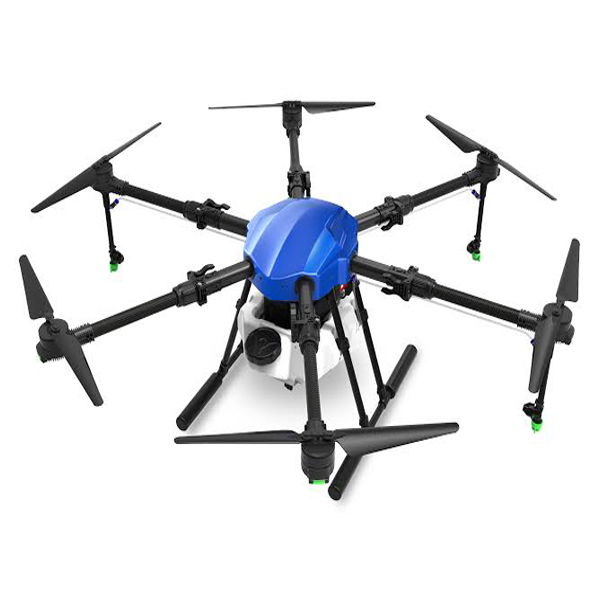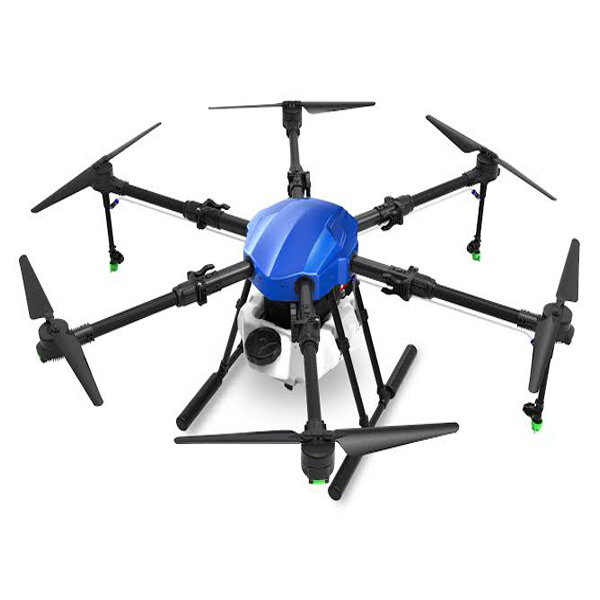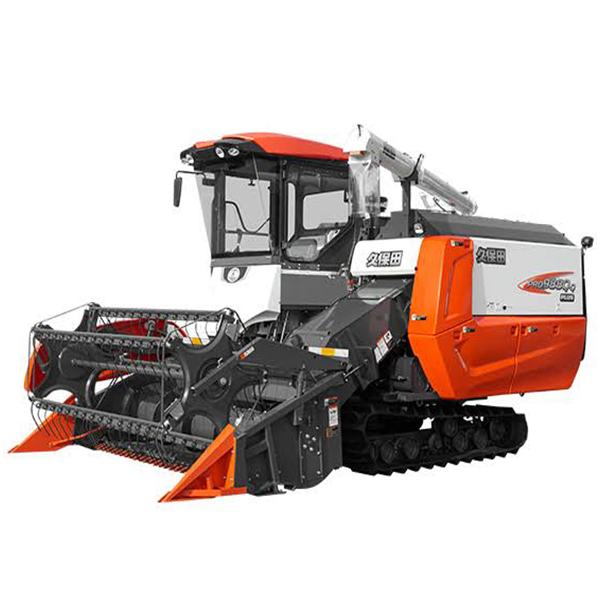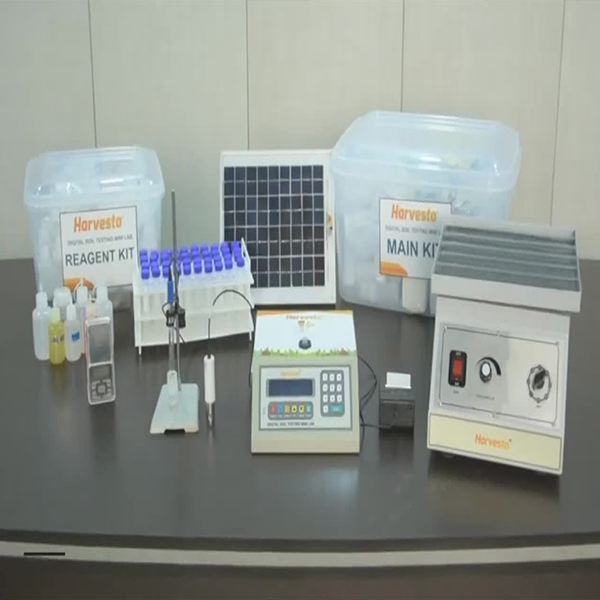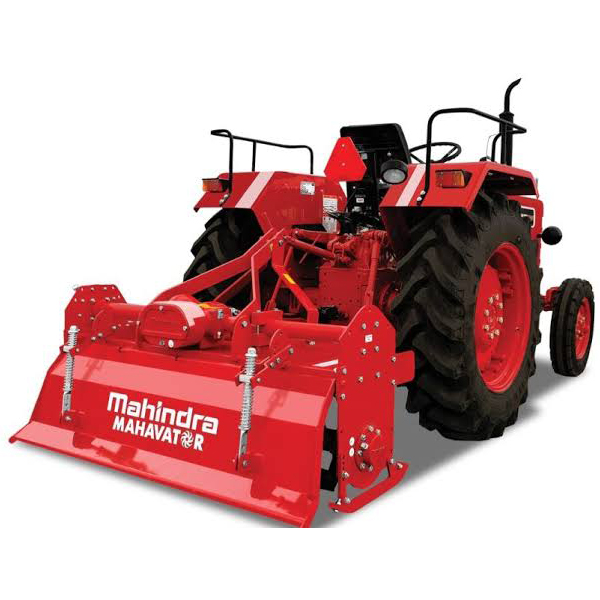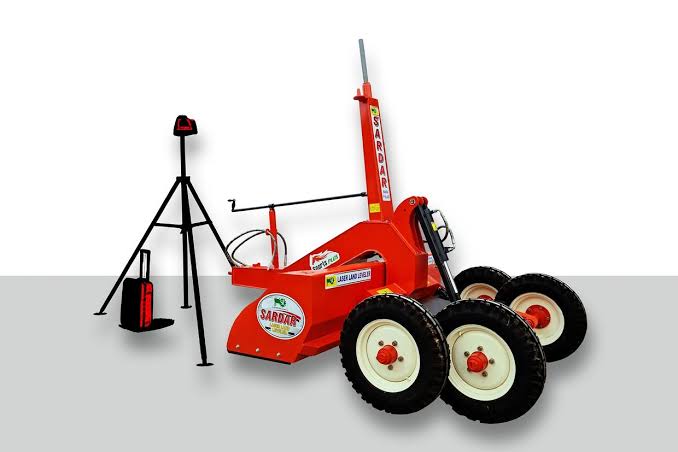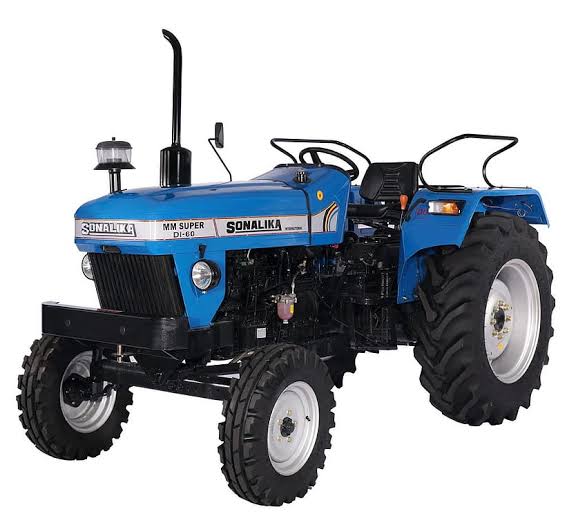Drone (For spray)
Product - Drone for spray
A drone for spray, often referred to as an agricultural drone or crop-dusting drone, is an unmanned aerial vehicle (UAV) equipped with sprayer systems designed for crop spraying. These drones are specifically designed to assist in precision agriculture practices by applying fertilizers, pesticides, herbicides, or other agricultural inputs to crops.
Here are some key features and benefits of drone sprayers:
Precision Application: Agricultural drones are equipped with advanced technology like GPS, cameras, and sensors, enabling precise and targeted application of sprays. This precision helps reduce chemical usage and minimize environmental impact while maximizing effectiveness.
Flexibility and Accessibility: Drones can navigate through different terrains, including challenging or inaccessible areas, with ease. They can reach remote fields, uneven terrains, or areas affected by waterlogged or muddy conditions, where conventional machinery may struggle.
Time and Labor Efficiency: Drone sprayers can cover large areas quickly, significantly reducing the time required for spraying operations. They eliminate the need for manual labor and reduce the risks associated with exposure to chemicals for workers.
Cost Savings: By optimizing the application of inputs, drone sprayers can help reduce the amount of chemicals required, leading to cost savings for farmers. Additionally, they can provide timely treatment to prevent or control pest and disease outbreaks, minimizing crop losses and maximizing yields.
Data Collection and Analysis: Some advanced drone sprayers are equipped with sensors and imaging technology that can collect data about crop health, vegetation indices, or other parameters. This data can be used to generate precise crop maps, monitor plant health, identify problem areas, and make informed decisions for crop management.
It's important to note that regulations regarding the use of agricultural drones may vary by country or region. Pilots or operators of drone sprayers should comply with local regulations, obtain necessary licenses or certifications, and follow safety guidelines to ensure safe and responsible operations.
A drone for spray, often referred to as an agricultural drone or crop-dusting drone, is an unmanned aerial vehicle (UAV) equipped with sprayer systems designed for crop spraying. These drones are specifically designed to assist in precision agriculture practices by applying fertilizers, pesticides, herbicides, or other agricultural inputs to crops.
Here are some key features and benefits of drone sprayers:
Precision Application: Agricultural drones are equipped with advanced technology like GPS, cameras, and sensors, enabling precise and targeted application of sprays. This precision helps reduce chemical usage and minimize environmental impact while maximizing effectiveness.
Flexibility and Accessibility: Drones can navigate through different terrains, including challenging or inaccessible areas, with ease. They can reach remote fields, uneven terrains, or areas affected by waterlogged or muddy conditions, where conventional machinery may struggle.
Time and Labor Efficiency: Drone sprayers can cover large areas quickly, significantly reducing the time required for spraying operations. They eliminate the need for manual labor and reduce the risks associated with exposure to chemicals for workers.
Cost Savings: By optimizing the application of inputs, drone sprayers can help reduce the amount of chemicals required, leading to cost savings for farmers. Additionally, they can provide timely treatment to prevent or control pest and disease outbreaks, minimizing crop losses and maximizing yields.
Data Collection and Analysis: Some advanced drone sprayers are equipped with sensors and imaging technology that can collect data about crop health, vegetation indices, or other parameters. This data can be used to generate precise crop maps, monitor plant health, identify problem areas, and make informed decisions for crop management.
It's important to note that regulations regarding the use of agricultural drones may vary by country or region. Pilots or operators of drone sprayers should comply with local regulations, obtain necessary licenses or certifications, and follow safety guidelines to ensure safe and responsible operations.
1 review for “Fresh Red Seedless”

Prabhat Kumar
This is test review of the product

Test
Lorem Ipsum is simply dummy text of the printing and typesetting industry. Lorem Ipsum has been the industry's standard dummy text ever since the 1500s, when an unknown printer took a galley of type and scrambled it to make a type specimen book
